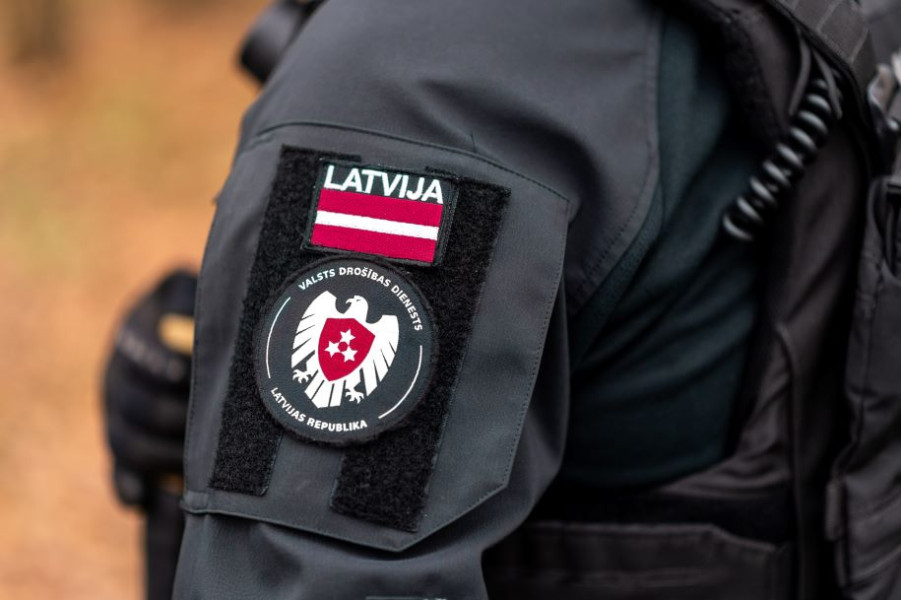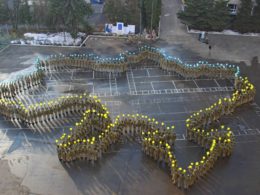The State Security Service (SDS) of Latvia forecasts a more diverse malicious activity from Russia in 2025, according to a report by Delfi citing SDS Chief Normunds Mezvies.
Russia’s hybrid warfare activities in the Baltic states have been escalating since at least 2014, following its annexation of Ukrainian Crimea. The intensity and range of such operations have notably increased in recent years, particularly from mid-2023 onward, as Russia has employed tactics including disinformation campaigns, cyber attacks, and sabotage to undermine NATO’s presence and influence in the region.
Russian special services will continue attempts to influence socio-political processes in Latvia, including through aggressive methods. The analysis suggests organized hostile actions will become more varied.
According to the report, Russian special services plan to maintain their aggressive stance. Potential diversion operations could target Latvia’s infrastructure, aiming to destabilize internal security and create societal insecurity.
Russia is transitioning from viewing its Ukraine invasion as a “local conflict” to a geopolitical confrontation with NATO.
The Delfi reported that Russian services will continue recruiting Latvians to obtain sensitive information. Their primary interests include military and civilian defense, energy and transit policies, propaganda-potential events, and Latvia’s international positioning regarding Kremlin policies.
Recruitment efforts will target decision-makers who can potentially advance Russian interests.
Latvian President Edgars Rinkevics said in October that a hybrid war is ongoing near his country’s borders.
A NATO official warned on 29 December 2024 about a “real prospect” that an unconventional Russian attack could lead to significant losses.
Before the invasion of Ukraine in 2022, Russia utilized hybrid warfare tactics against Ukraine, including disinformation campaigns, cyber attacks, and the support of separatist movements in the Donetsk Oblast. This multifaceted approach aimed to destabilize Ukraine politically and socially.
Read also:
- Latvia to hand over 100 drones to Ukraine
- Survey shows growing Latvian confidence in Ukraine’s victory
- Latvia investigates ships after cable damage in Baltic Sea





